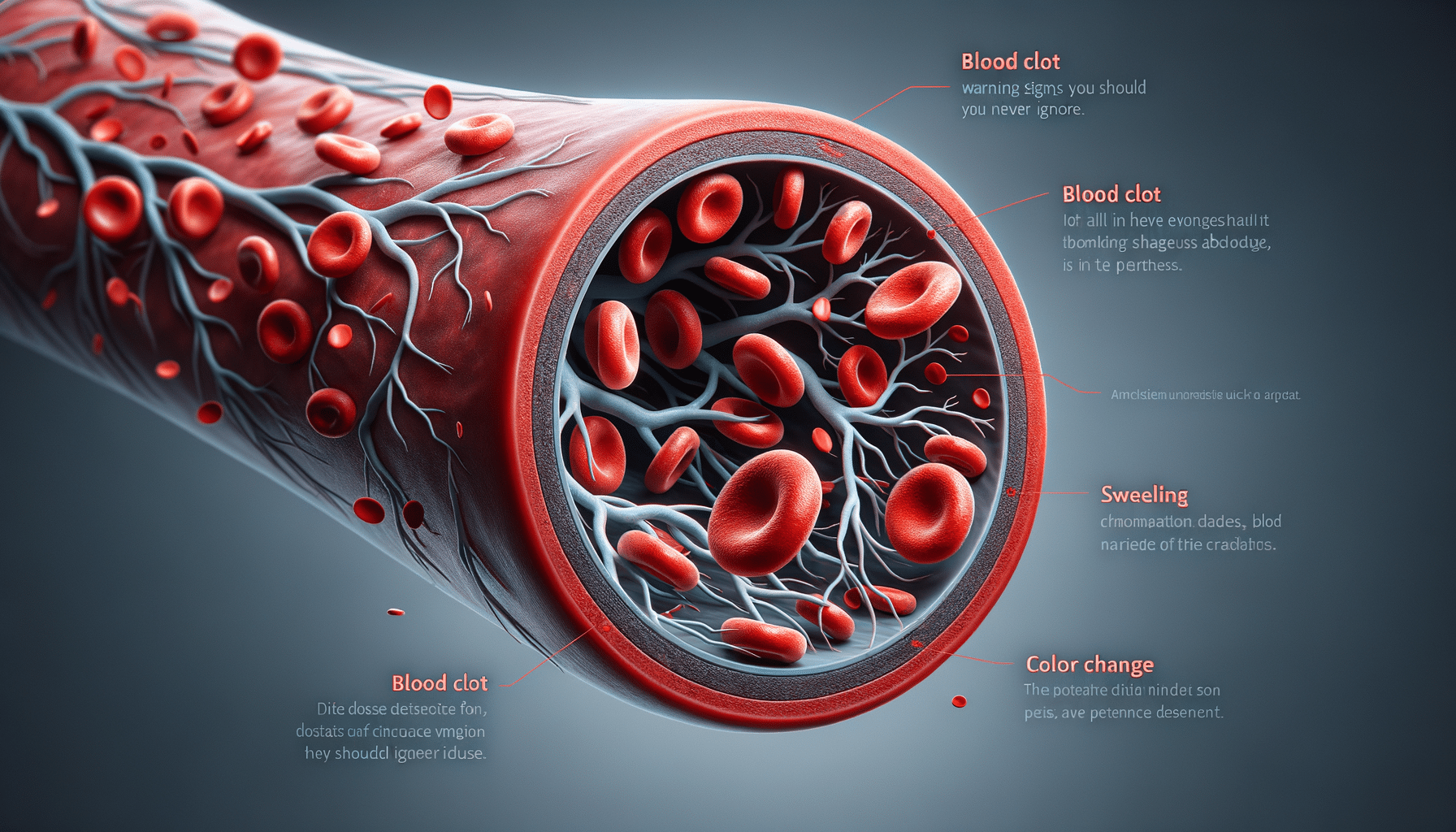
Effective Treatments for Nasal Polyps: Find Relief
Understanding Nasal Polyps
Nasal polyps are non-cancerous growths that occur on the lining of the nasal passages or sinuses due to chronic inflammation. These soft, painless growths can vary in size and may lead to breathing difficulties, loss of smell, and frequent infections. Understanding the nature of nasal polyps is essential for anyone experiencing persistent nasal congestion or sinus issues. They are often associated with conditions such as asthma, allergies, and chronic sinus infections. While the exact cause of nasal polyps is not fully understood, it is believed that inflammation plays a significant role in their development.
Symptoms of nasal polyps include a stuffy or blocked nose, runny nose, postnasal drip, and facial pain. In some cases, individuals may experience a reduced sense of smell or taste. If left untreated, nasal polyps can cause complications such as obstructive sleep apnea or sinus infections. Therefore, early diagnosis and treatment are crucial to manage symptoms and improve quality of life.
Diagnosis typically involves a physical examination, nasal endoscopy, and imaging tests such as CT scans to determine the size and location of the polyps. Understanding these details helps in planning effective treatment strategies tailored to the individual’s condition.
Medical Treatments for Nasal Polyps
Medical treatments are often the first line of defense against nasal polyps. Corticosteroids, either in the form of nasal sprays or oral tablets, are commonly prescribed to reduce inflammation and shrink the polyps. Nasal corticosteroid sprays are particularly effective for managing mild symptoms and preventing recurrence after surgery.
For more severe cases, oral corticosteroids may be necessary to provide stronger anti-inflammatory effects. However, these medications can have side effects, especially when used long-term, including weight gain, high blood pressure, and osteoporosis. Therefore, they are usually prescribed for short durations.
In addition to corticosteroids, other medications such as antihistamines and leukotriene inhibitors may be used to manage allergies and reduce inflammation. Antibiotics might be prescribed if a bacterial infection is present alongside the polyps. It is important to work closely with a healthcare provider to determine the most appropriate treatment plan based on the severity of the condition and the individual’s overall health.
Surgical Options for Nasal Polyps
When medical treatments are not effective, surgery may be considered to remove nasal polyps and improve breathing. The most common surgical procedure is endoscopic sinus surgery, which is minimally invasive and involves using a small camera to guide the removal of polyps and any obstructions in the sinuses.
This procedure is typically performed on an outpatient basis, allowing patients to return home the same day. Recovery time is relatively short, and many individuals experience significant relief from symptoms. However, surgery does not guarantee that polyps will not return, so ongoing medical management is often necessary to prevent recurrence.
Post-surgery, patients are usually advised to continue using nasal corticosteroid sprays to maintain open airways and reduce inflammation. Regular follow-up appointments with an ENT specialist are also important to monitor for any signs of recurrence and to adjust treatment plans as needed.
Lifestyle and Home Remedies
In addition to medical and surgical treatments, certain lifestyle changes and home remedies can help manage nasal polyps and alleviate symptoms. Maintaining good nasal hygiene is crucial; using saline nasal rinses can help clear the nasal passages and reduce irritation.
Humidifiers can also be beneficial, especially in dry climates, as they add moisture to the air and prevent the nasal passages from becoming dry and irritated. Avoiding irritants such as tobacco smoke, dust, and strong odors can further help reduce inflammation and prevent the worsening of symptoms.
Dietary changes may also play a role in managing nasal polyps. Incorporating anti-inflammatory foods such as fruits, vegetables, and omega-3 fatty acids can support overall health and reduce inflammation. Staying hydrated by drinking plenty of water is also important for keeping the mucous membranes moist and functioning properly.
Conclusion: Finding Relief from Nasal Polyps
Nasal polyps can significantly impact one’s quality of life, but with the right combination of treatments, relief is possible. Understanding the condition and working closely with healthcare providers can lead to effective management strategies tailored to individual needs.
Whether through medical treatments, surgery, or lifestyle changes, there are multiple avenues to explore for those seeking relief from nasal polyps. Regular monitoring and adjustments to treatment plans are essential to ensure long-term success and prevent recurrence.
By taking proactive steps and staying informed, individuals with nasal polyps can find relief and improve their overall well-being. Early intervention and consistent management are key to minimizing the impact of this condition on daily life.


